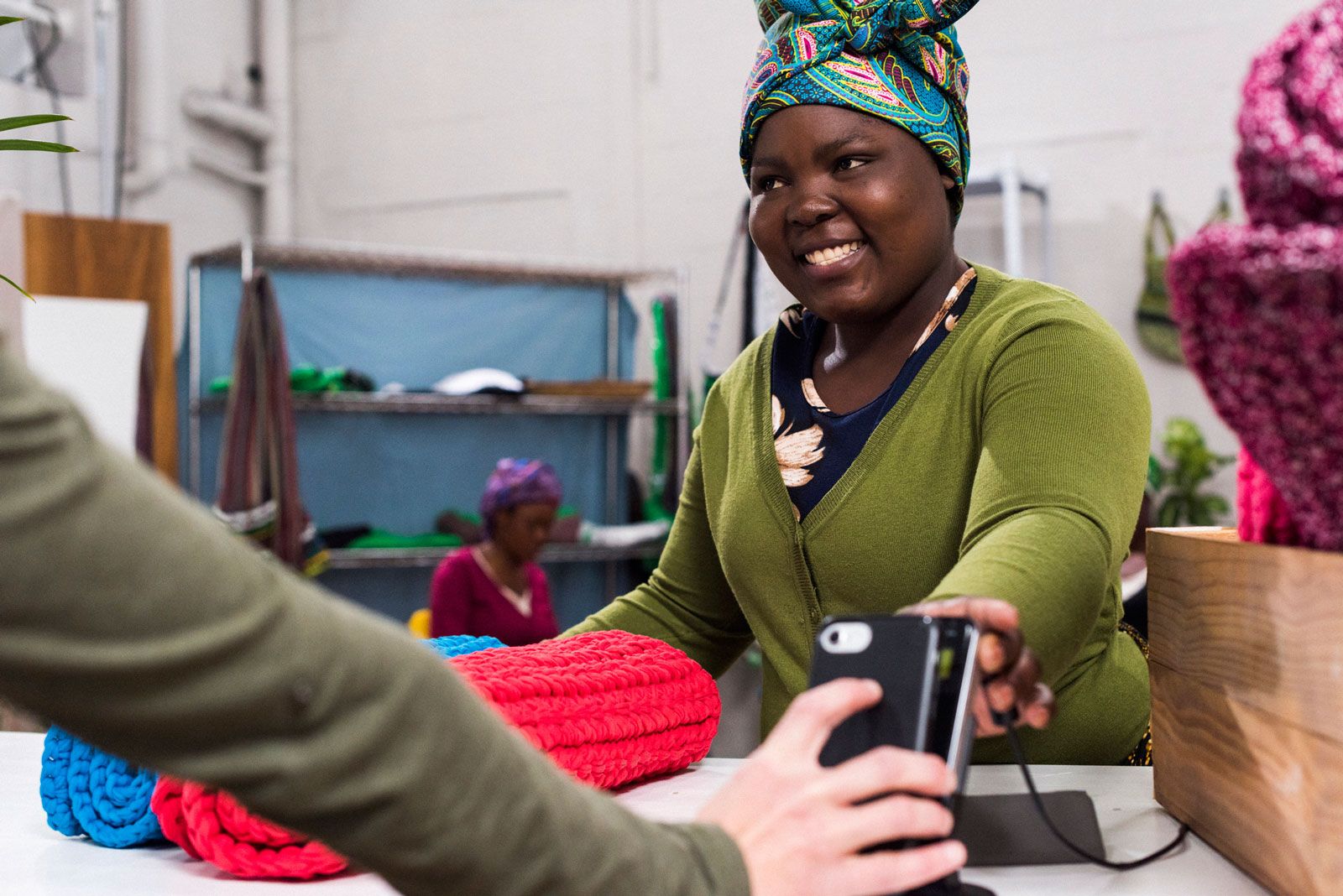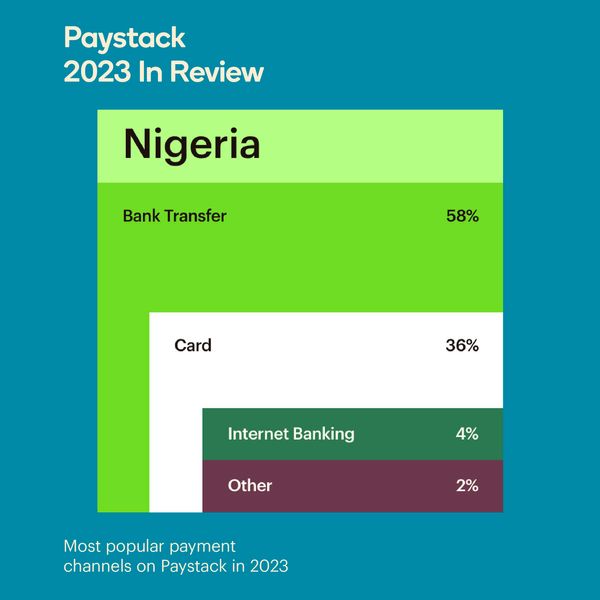Thanks to open banking, fintech early adopters likely already have accounts that round up transactions to boost savings or connect to third-party tools for loan applications, budget management and more. But the new wave of fintech startups are proving there's much more that can be done using open banking, the two-year-old mandate from UK regulators that required banks to easily allow their customers to share their data with third parties such as apps.
"Open banking offers people the chance to get personalised, tailored support to help them manage their money by allowing regulated companies to securely analyse their bank data," says Lubaina Manji, senior programme manager at Nesta Challenges, one of the organisations behind the Open Up 2020 Challenge, alongside the Open Banking Implementation Entity (OBIE).

"It’s enabled the creation of new services and tools to help people with every aspect of money management – from budgeting to investing, and much, much more, all in a safe and secure way.”
And some of the innovations from finalists in the Open Up 2020 Challenge have surprised with their ingenuity and customer focus, she says, citing Sustainably's round-up tool for automated charity donations, and Kalgera's neuroscience-informed AI to help spot fraud targeting people with dementia – two projects that highlight the purpose-driven idea behind open banking and the aim to get financial support to show who need it the most.
"This shows just how much potential open banking has to let us choose solutions that work for each of us and transform every aspect of our financial lives," Manji adds.
Boosting personal savings is one way that open banking apps are helping people, applying machine learning to personal finance. Plum is one example, analysing transactions to decide how much money to set aside in savings every few days.
Plum's data suggests an average person will save £1,000 more each year using the app than they were before. That's possible because open banking lets Plum pull in personalised data for each and every user – after all, everyone's financial circumstances are different, so no savings plan will suit everyone.
That personalisation and flexibility came into its own during the Covid-19 lockdown, as some people spent less and – assuming they held on to their job or were furloughed – maintained some income. Plum's flexible algorithm understood the shift. "We've seen savings dramatically increase," Trokoudes says. "Which is exactly what should be happening."










